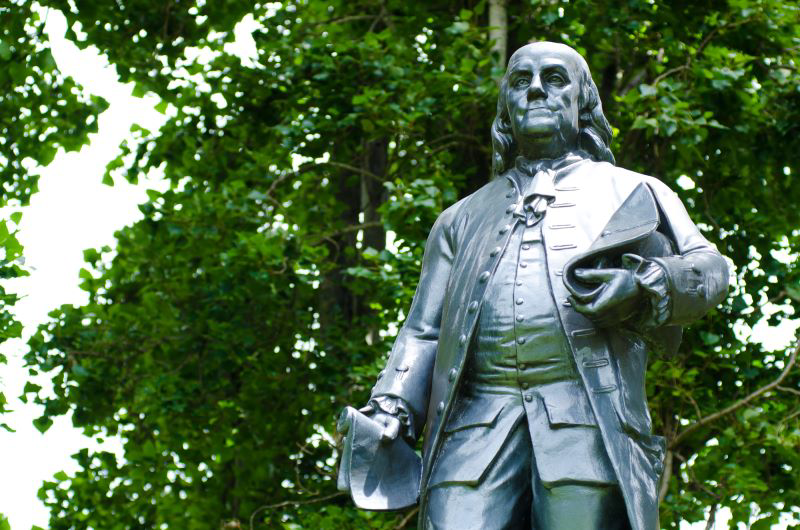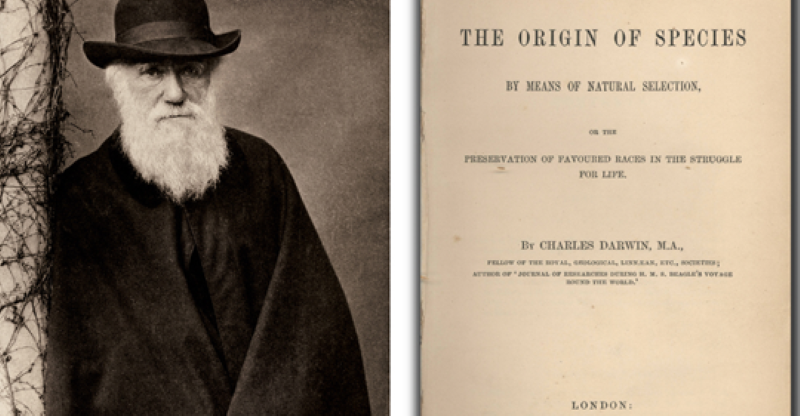The Fight for Christmas: Part 2
Sign up for a six month free
trial of The Stand Magazine!
Editor’s Note: The following is the second of a two-part series that originally appeared as one article in the December 2014 issue of AFA Journal. Date and time references have been updated.
When schools forbade students from handing out candy canes or religiously themed cards; when school boards changed “Christmas break” to “winter solstice;” when cities banned religious floats in parades; or when stores banned employees from wishing customers Merry Christmas, AFA recognized the attempted secularization of America as the driving force (See Part 1.).
“The very word itself – Christmas – is a reminder that this particular holiday is the celebration of Jesus Christ,” AFA president Tim Wildmon said in a guest column for Charisma magazine last December [2013]. “Those who promote political correctness and extreme multiculturalism resent this because it is exclusionary in their view.”
Wildmon said there is no doubt that the Christmas holiday elevates one particular religion over other faiths. That never used to be a problem – not because America persecuted non-Christians, but because everyone understood that Christianity was the foundational faith of the country. With secularists, however, that didn’t sit well.
“Therefore, Christmas must be replaced with words and ideas that are broad and general so as to knock Christmas from its traditional place in America’s public life,” Wildmon said. “It is an attempt to define Christianity as no more important to the history and fabric of America than is, say, Hinduism.”
About a decade ago, many stores and businesses began quietly dropping the word “Christmas” from advertisements, store decorations, and the employee lexicon. AFA and others began to notice.
Of course, it was entirely possible that many business people were motivated more by a desire not to offend those who do not celebrate Christmas, rather than an impulse to expel religion from the public realm. In fact, that was the reason most companies gave for dropping references to Christmas.
AFA didn’t buy that explanation, however. For one thing, the vast majority of people in America celebrate Christmas. In 2010, the trade magazine Ad Age cited a National Retail Federation survey that found that 91% of consumers were planning Christmas festivities.
Moreover, no one really seemed to mind the Christmas trees, Nativity scenes, or retail well-wishers who said, “Merry Christmas.” Very few customers complained that a store was selling “Christmas trees” rather than the ludicrously named “holiday trees” that some stores sold out in the parking lot.
Ellen Davis, a vice president at NRF, told Ad Age that in 2009 retailers began returning to the emphasis on Christmas. The result? “[T]here wasn’t much push back,” she said. “There wasn’t a huge outcry from groups offended that retailers were saying Merry Christmas.”
Following the actions of AFA and others, the tide has turned back. Randy Sharp, director of special projects for AFA and the spearhead of the ministry’s Naughty-or-Nice campaigns, said over the past decade “our research shows 80-90% of companies have again embraced Christmas.”
He said, “We’ve had a complete flip in perspective. Companies are beginning to see that people who buy from retailers at Christmastime don’t think there’s anything wrong with everyone being open and honest about why that’s happening.”
On the other hand, apparently the boycott threat was very real to retailers. “Shoppers vote with their wallets every day,” Davis told Ad Age. “ [When it comes to boycotts,] retailers realize, ‘It could just as easily have been us.”’
Principles matter
It might appear to some that this was all a lot of fuss about nothing, that AFA was making a slagheap out of a lump of coal. After all, if you compare the selling of “holiday trees” to the murder of Christians by Islamic radicals, the war on Christmas certainly pales in comparison.
But when it comes to Christian involvement in culture, should we really set the bar so high? If it doesn’t come to the level of martyrdom, should believers be silent?
We really don’t treat matters of principle in this fashion in other areas of life, do we? If the boss asks an employee if he’s the one that keeps stealing lunches out of the office refrigerator, does the employee respond: “Are you serious? People are starving to death around the world – how dare you concern yourself with a few missing bologna sandwiches!”
Certainly, office politics or an employee’s character doesn’t reach the levels of concern evoked by Ebola or terrorism.
But principles do matter, and if the employee is suspected of stealing not just bologna but billions of dollars, the principles matter even more.
In the case of the secularization of our nation – and the danger that poses to our Republic – a whole lot more than Christmas is being stolen.

Sign up for a free six-month trial of
The Stand Magazine!
Sign up for free to receive notable blogs delivered to your email weekly.


















